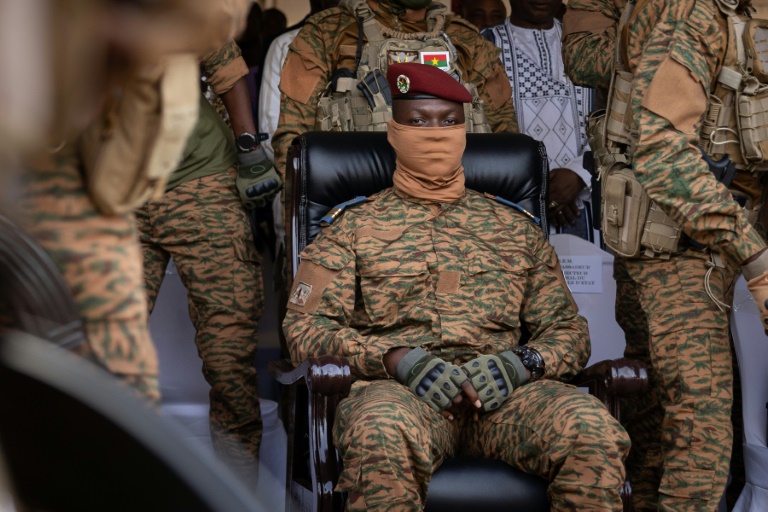
Edson Baraukwa | Africa Guardian
Junta Leaders in West Africa Grow Less Isolated
Just 18 months ago, West African leaders were contemplating military action to prevent Niger from falling under the influence of a junta following a coup. Fast forward to today, and some of these same nations are beginning to embrace Niger and its junta-led allies, Mali and Burkina Faso, who have strengthened their ties in the meantime.
After toppling civilian governments between 2020 and 2023, Mali, Burkina Faso, and Niger formed the Alliance of Sahel States (AES), a defense pact established after the trio announced their withdrawal from the regional West African bloc, ECOWAS. This move will officially take effect on January 29, but the three countries—critical players in the Sahel region, where jihadist groups are gaining ground—appear far from isolated.
The ECOWAS threat of military intervention in Niger in August 2023 marked a turning point for these Sahel nations, who view the body as being under the influence of former colonial power France. These countries have distanced themselves from Paris, forging new alliances with Russia, Turkey, and China.
Interestingly, some ECOWAS members have recently softened their stance toward the AES, especially Togo, which has long served as a mediator in regional political crises. Togo’s Foreign Minister Robert Dussey even suggested on Thursday that his country could join the AES, citing potential popular support.
To the south, Ghana also seems to be reassessing its position under newly elected President John Dramani Mahama. During Mahama’s inauguration in Accra, Burkina Faso’s junta leader, Captain Ibrahim Traore, made his first trip outside AES member states. Mahama met Mali’s Prime Minister Abdoulaye Maiga on Thursday. According to Ghana-based international relations expert Vladimir Antwi-Danso, Ghana’s engagement with AES, marked by Maiga’s visit, indicates Accra’s interest in maintaining dialogue despite the current polarization.
Senegal’s President Bassirou Diomaye Faye has engaged with the junta-led trio since taking office in April last year, although he failed to convince them to return to ECOWAS.
Jihadist groups affiliated with Al-Qaeda and ISIS have waged a bloody insurgency in the Sahel for more than a decade, with northern regions of some coastal countries also affected. The Al-Qaeda-linked Group to Support Islam and Muslims (JNIM) has openly expressed its ambitions to expand into Ghana, Togo, and especially Benin. Benin, for example, recently suffered one of its deadliest attacks when jihadists killed 28 soldiers in the north near the borders with Burkina Faso and Niger.
“Togo and Benin are the most affected after the AES. We must join forces,” said a West African security source on condition of anonymity.
Sociologist Francis Akindes of Ivory Coast’s Bouaké University emphasized that jihadist groups are “succeeding in destabilizing all the states in the region.” He argued that a cohesive approach to JNIM would require cooperation with neighboring states.
The rift between AES and ECOWAS also has economic repercussions for Mali, Burkina Faso, and Niger, all of which are landlocked and depend on sea access for imports. Niger, in particular, finds itself in a challenging position. Although the shortest route to the sea would be through Benin, Niger has long had a dispute with Benin over the border, forcing it to rely on a longer, more dangerous route through Togo.
Togolese historian Michel Goeh-Akue noted that there are significant benefits to maintaining links with AES nations, but Akindes pointed out the drawbacks. “The route from Togo is very long, which raises the cost of imported goods,” he said. He also questioned whether Mali or Burkina Faso could ever sever their ties with Ivory Coast.
Economic powerhouse Ivory Coast maintains strained relations with the Sahelian junta leaders, who oppose its close ties with France.
___
